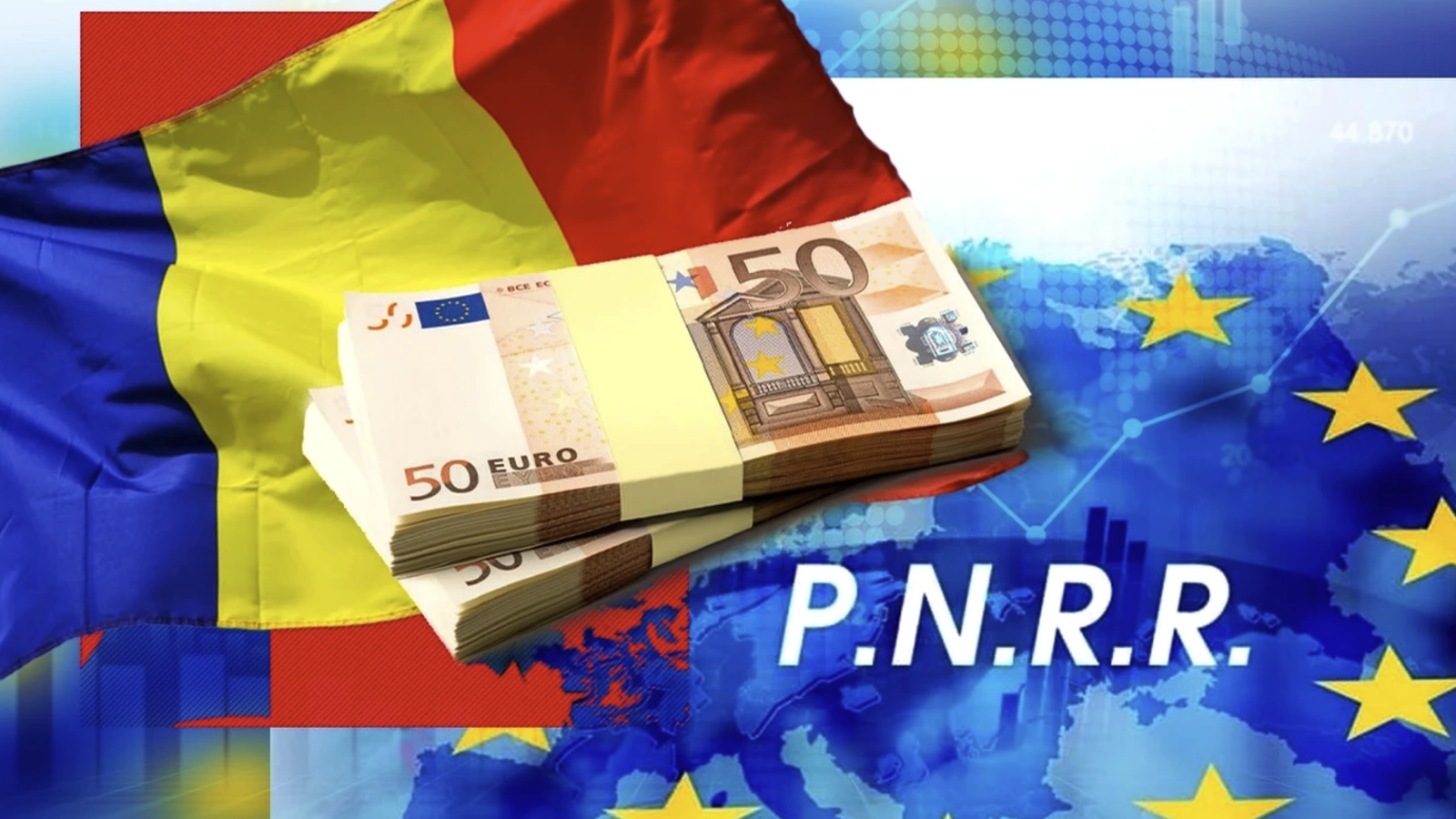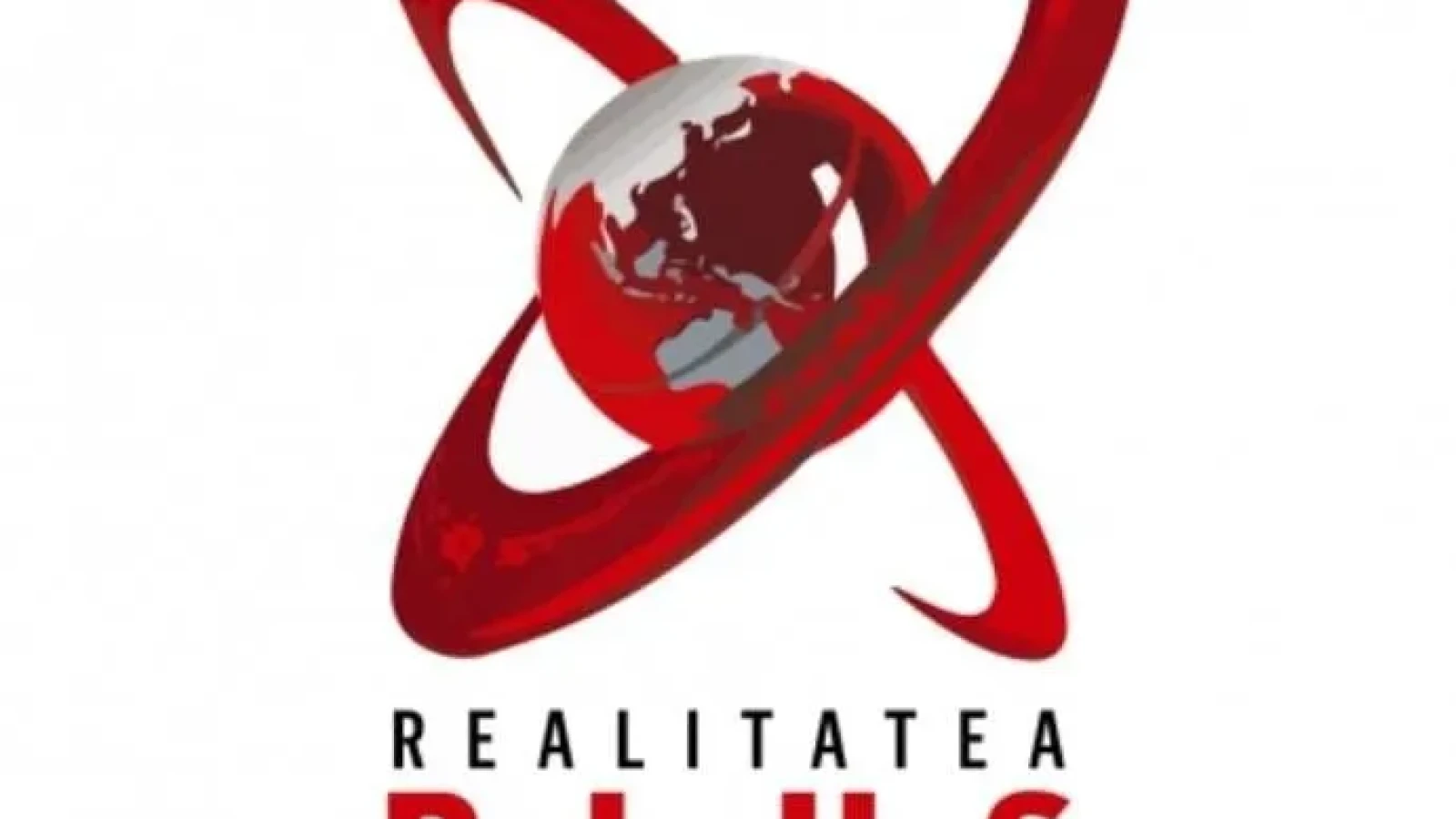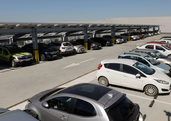Romania is among the economies with the least progress in implementing the National Recovery and Resilience Plan (PNRR), recording a 27% achievement rate for the targets and milestones set, below the European Union average of 32%, in June 2025, according to the June Financial Stability Report of the National Bank of Romania (BNR).
According to BNR, Romania benefits from substantial allocations under the Recovery and Resilience Facility, totalling EUR 28.5 billion in grants and loans on favourable terms, but the slow pace of implementation of the PNRR, marked by the failure to meet the targets and milestones set, has led to the postponement of payment requests and, implicitly, to blockages in accessing funds and delays in planned investments.
Thus, since the programme kicked off in 2021 until June 2025, Romania has received EUR 10.72 billion, of which 4.32 billion represents loans and 6.4 billion grants, accounting for just over a third of the total allocation.
"Romania is among the economies with the least progress in implementing PNRR, with a 27% achievement rate of the targets and milestones set, below the EU average of 32% in June 2025. The low level of achievements recorded over the four years, relative to the deadline for completing all milestones and targets, makes it unlikely that the delays will be recovered in the remaining time," warns BNR.
In this context, the central bank points out that this scenario would mean losing substantial European funds and not getting some major reforms and investments done that could help Romania move towards a sustainable growth model.
"The impact of these reforms, from accelerating the green and digital transition to modernising infrastructure, restructuring the economy and increasing competitiveness, would also contribute significantly to mitigating or, where appropriate, even fully offsetting the contractionary effects of the fiscal consolidation process," the report states.
































Comentează